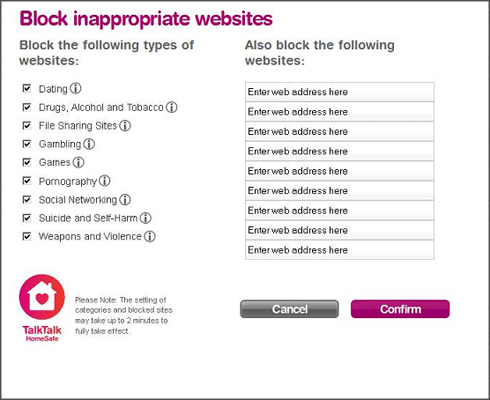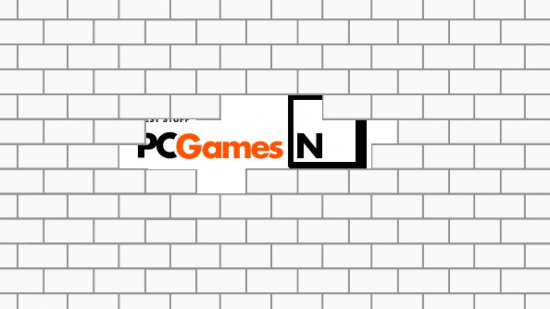If you’re one of our UK-based readers, you’ll know there’s only been one issue bigger than #royalbaby this week, and that’s the Pornwall. UK’s prime minister David Cameron wants to erect a giant filter across the web, filtering out the rudey bits. But it’s also coming to light that this wall of bans will extend to other material as well. If the default settings follow the example David Cameron is providing as best practice, gaming is considered that ‘other material’.
Which is absolutely sodding ridiculous.
Today the Open Rights Group have reported that they’ve been talking to the government about how the ban on pornography would work, and how ISPs would be expected to implement it. The answer would be as a series of tick-boxes ISP subscribers would have to use to manage filtration of material, with all boxes ticked as standard. Open Rights Group’s demonstration graphic shows that the government are thinking of forcing ISPs to ban material along the lines of terrorism and suicide as well as pornography. But where does gaming come into this?

David Cameron has cited TalkTalk’s HomeSafe security system as a positive example of the kind of filtration he wants all ISPs to implement by default. If you take a look at a screenshot of the HomeSafe settings page, you’ll see clearly that the fifth category is ‘Games’. With this box ticked, TalkTalk will prevent any gaming related content. That’s bad news for anyone who wants to read/watch any videogames content, and bad news for anyone running a videogames-focussed website.
TalkTalk’s HomeSafe system is provided by Huawei, a Chinese telecommunications company. If/when Cameron’s proposals become law, many ISPs may elect to use Huawei’s system rather than produce their own. With games already an option on Huawei’s system, if every ISP were to use it, the by next year we could have a country that by default cannot view gaming websites.
The potential effects of default-on filters is massive. As Open Rights Group explains: “The implication is that filtering is good, or at least harmless, for anyone, whether adult or child. Of course, this is not true; there’s not just the question of false positives for web users, but the effect on a network economy of excluding a proportion of a legitimate website’s audience.” If advertised-funded gaming websites were suddenly denied an audience by filters, they could wither and die.
Tech-smart users may well find switching filters off so easy that the pornwall isn’t a problem. But the fact that it’s easy to switch off isn’t the issue. Do we want to live in a country where content is automatically withdrawn from us unless we whimper “Please sir, can I have some more?”.
